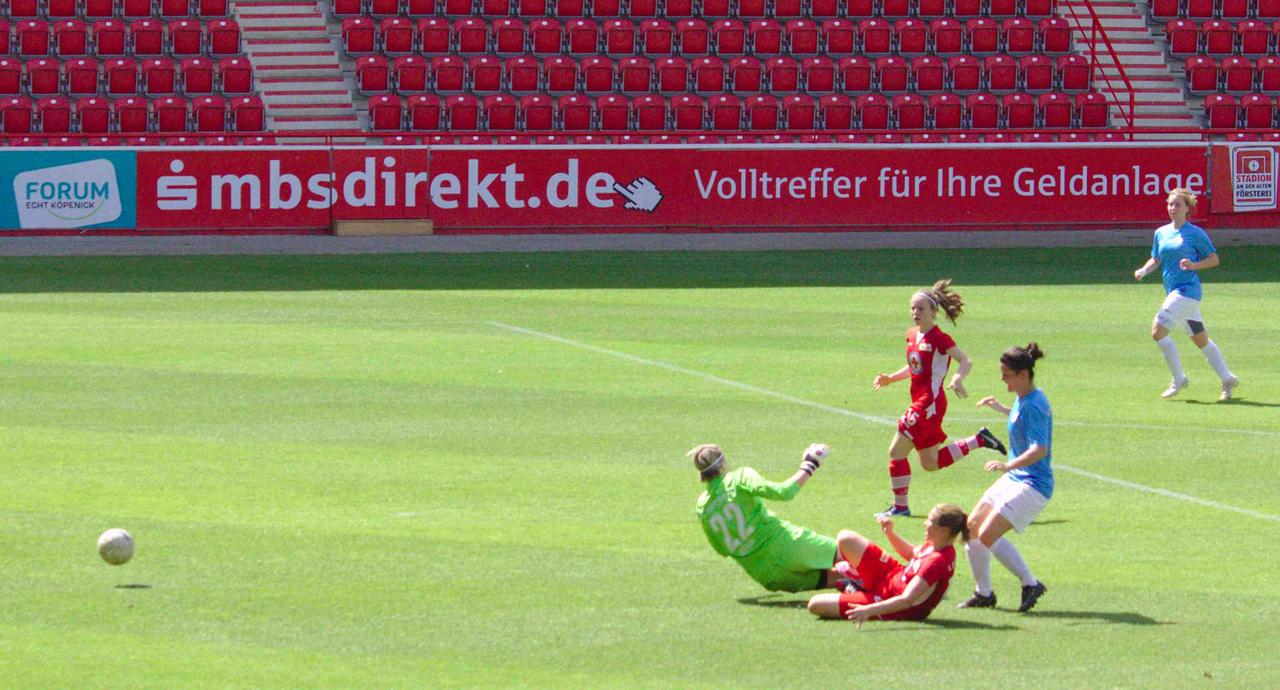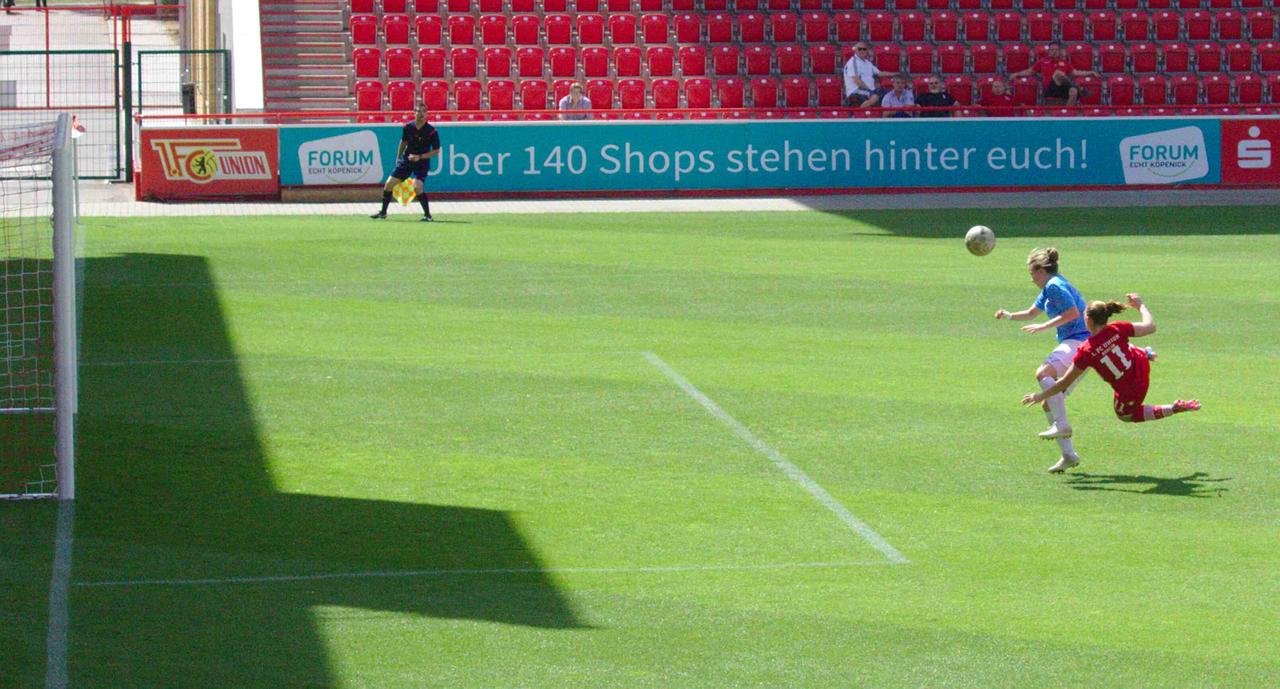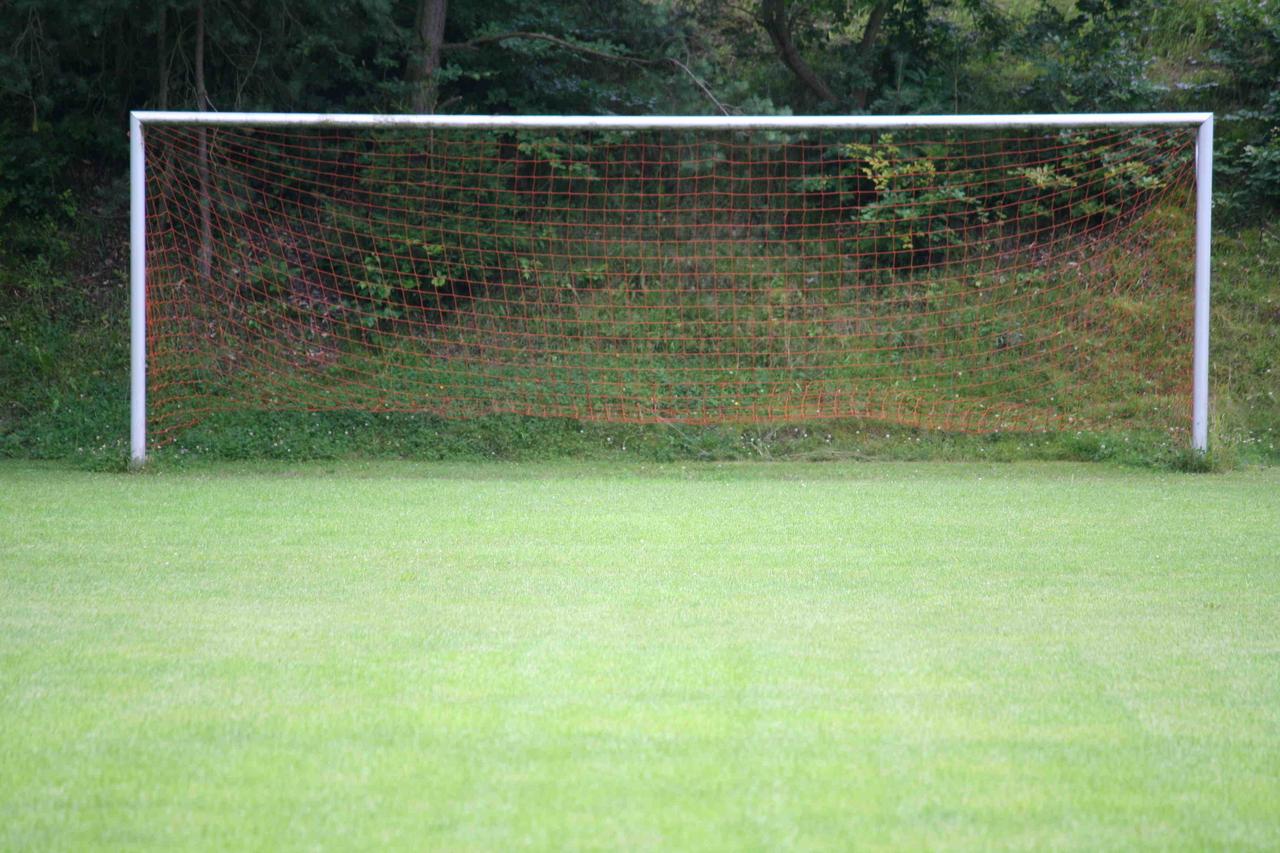Goals
Are Goals over-rated?
Attack on Goals
By Daniel Roßbach
To look at football and think that 'it's all about the goals', that 'ultimately, you need someone who bangs them in', encapsulates much of what is wrong with an undercomplex apprehension of the game. It focuses attention on a fraction of what is happening, and it does so out of a misguided striving for simplicity that leads to a concern for results over process. And even that concern is expressed in an undercomplex way by caring only (mainly) about the superficially apparent cause of the result, the act that makes the scoreboard tick over, however significant that part of the complex causal chain was. It is also the reason that Cristiano Ronaldo has won three more Ballons d'Or than Sergio Busquets. The absurdity of this state of affairs alone should prove my point.
But just in case it doesn't, here are some actual arguments. Of course, the point of football-ing is to score goals (more of them than the opposition, to be precise). But what is wrong is to reduce this undertaking to it's fulfilling action.

Scoring ... Daniel Rossbach © CC-by-SA 4.0
Getting the ball in the net is the endpoint of a sequence of continuous actions that are jointly sufficient to scoring a goal. To consider only the last element of this process in breaking down a match - listing the score and the scorers - or in evaluating players - the 20-goal-striker - is to deliberately or unintentionally ignore the work, skill, luck and planning that went into preparing it - at least in those instances, in which it by chance is not capped off by a goal. Nonetheless this work is necessary to reaching the goals that are the game's climactic moments.
Some may have objections to this last claim. Between Böllenfalltor, Bökelberg and Barcelona many paths are directed at goals. So, hardly any one of them can be necessary to getting there. On the contrary, making the ball cross the line is the only feature that is common amongst all goals, achieving this is both the only necessary and sufficient component of actualising the most fundamental principle of the game.
As true as that is, it doesn't get us very far (away from the goal line). In fact, this objection proves way too much and gets rid of the phenomenon it is meant to alleviate.
This is because there is such a myriad of ways in which the ball crossing the line may be facilitated that there hardly is a single skill or kind of action encompassing them all. In that sense 'scoring' is an empty concept that can't be used productively in describing or generating a quality or assessing players or teams.
Moreover, while there are many permutations that may produce goal chances, the set that makes up what one might call good football is considerably smaller. It consists in the practices that reproducibly give a team a decent chance to succeed at every instance of play. Such football, though, has the features of sequentiality we alleged and can only be produced by optimising processes.

... or not scoring. Is either one more essential? © CC-by-SA 4.0
To make a team score more goals, it is necessary to work on many qualities that have nothing much to do with scoring in particular. When a side lacks goals, that is not necessarily due to a quantitative or qualitative lack of strikers on the pitch.
Obviously, the fact that several distinct skills are of equal importance as parts of a good piece of play doesn't mean that these qualities aren't quite different from each other and require specialist training. Some claim that in a football world post Guardiola's Barça such specialising education for strikers has gone missing. Setting aside the confusion created by a change in the profile of the most attacking central player, such criticism would be legitimate if it accurately diagnoses a shortcoming in producing the conditions for likely success at the finishing stage of the scoring process.
The accuracy of such a diagnosis is the issue though. Both professional and leisurely observants of football matches often decry sub-par finishing when what is actually lacking is the quality of chances the(ir) teams approach to the game produces. Recognising the complexities of goals happening requires us to look all the football that happens not in their proximity and their absence. If those parts of the game were not as important and potentially fascinating as the headline-grabbing ones, the stereotype's American would be right in dismissing football as a game in which barely anything happens.
But it is not, and besides the importance of process, football also provides plenty of space for glorious failure. For wonderful touches and moments that don't produce goals and sink into oblivion, unjustly.
Goals are not always the whole answer to every question, especially not the one about which team was better. Footballing truth is on all of the pitch.
Defending the Goal
By Neil Atkinson , host of *The Anfield Wrap*
There is nothing quite like the ball hitting the back of the opponents net. Nothing quite like that moment of release. All the process, all the work goes into that. All your week, as a supporter, all your loves and your wants and your needs needs needs go into that moment. It's there, that's the cry. It's there. The "it" is crystal clear. The "there" goes without explantion. It's there. Oh my lord, oh my days, it is there. There.
A recent Liverpool goal for you. Dejan Lovren backpost against Dortmund. That was what happens when forty thousand people want something, when forty thousand people need something. When all of their essence is brought into the focus of invoking a reality. That was a release. That was Azrael, the beginning and endings of worlds in goal form. Goals do this in football. Nothing else ever can and nothing else ever will.
There is nothing quite like the ball hitting the back of your net. Nothing quite like that moment of sheer deflation. All the flaws, all the failings. All of the shortcomings of your team. All of your shortcomings. all your fears and tensions realised, everything that has ever been wrong with everything. It's there, oh it's there.
A recent goal Liverpool conceded for you. Jamie Vardy from miles against Liverpool. When Jamie Vardy scored out of nothing against Liverpool last season from thirty yards to make it one nil to Leicester it was everything. It was the beginning and ending of worlds in goal form. It was a knife across a wind pipe. It was the reason why Leicester were going to do what Liverpool have been unable to do. It was why they were ahead in the table, it had been an even game up to that point, Liverpool just getting on top. Then Leicester scored and then it wasn't an even game. It was one sided and there was nothing a blunt Liverpool could do about it.
There is something currently voguish about wishing goals away from football; acting as though the game makes sense without them, seeing them just as a garnish. But they define the game. They give it focus and shift its momentum. Footballers cannot exist without scoring and conceding goals and they know the importance of them. The idea that goals change games is a cliche because it is true. All eleven-a-side football happens within the framework of two things - the scoreline and the time left on the clock. They are its dimensions, its parameters. In the desire to turn football into more and more games of 3v3 or 5v5 across the pitch the shift technicians are looking for is to take that context out. This suits technicians, coaches. It suits them to try to remove these pressures from footballers and therefore football. Think only about the next action, nothing else.

Putting the ball in there, what it's all about © Daniel Roßbach CC-by-SA 4.0
This removal of context may well make people better footballers but where football is of the blood and the bone is when there are forty thousand people reminding them of the context. A crowd willing one side on, forcing another team back. An urgency, a need, a clock ticking somewhere. The sound of football is the sound of thousands of people simultaneously keeping a score and keeping a time limit and wanting the former to very much change. To try to downplay the importance of the goal outside of the training field is to downplay the importance of the people for whom this game is everything. For them, in that moment, it isn't a statistical combination around expected goals or correct patterns. What defines their weekend is the round thing going through the rectangular thing a sufficient number of times.
The greybearded want there to be more, and they are almost certainly correct. There is more. There has to be. There is process, and there is underlying performance and there is a side moving in the right direction, there is development. These are things. They must exist because we can chart them after the fact. After the goals. But at the time we can't easily measure them. We can't be sure. They exist on one hand but are acts of faith on the other. Whereas goals are simple and goals are straight, goals are lazy and goals are late, goals all come with a point of view, goals don't do what you want them to.
Goals are everything. It's there. When it is there, that is when you know. One way or another you know. And you feel. You feel everything.
Kommentare
Comments powered by Disqus